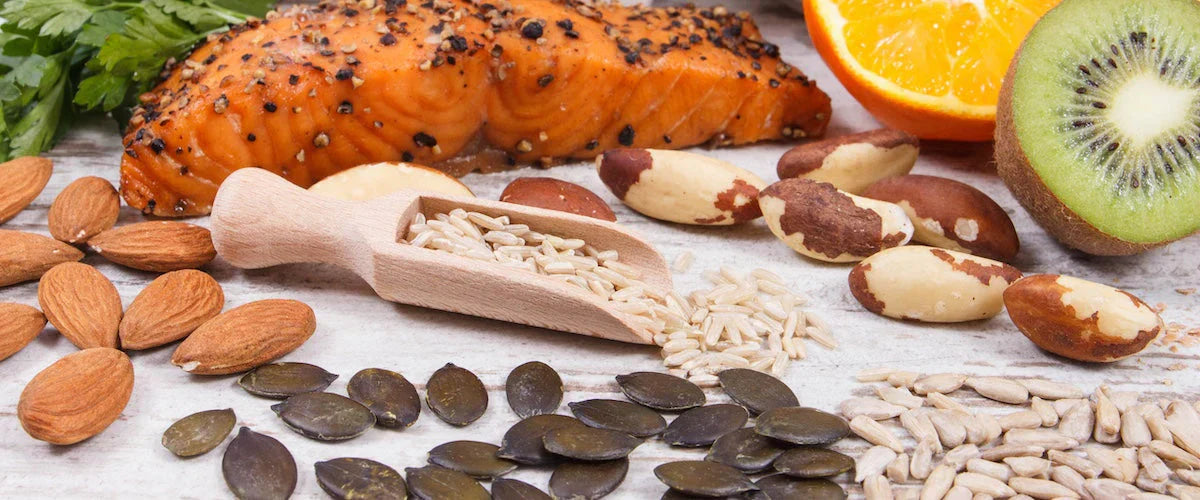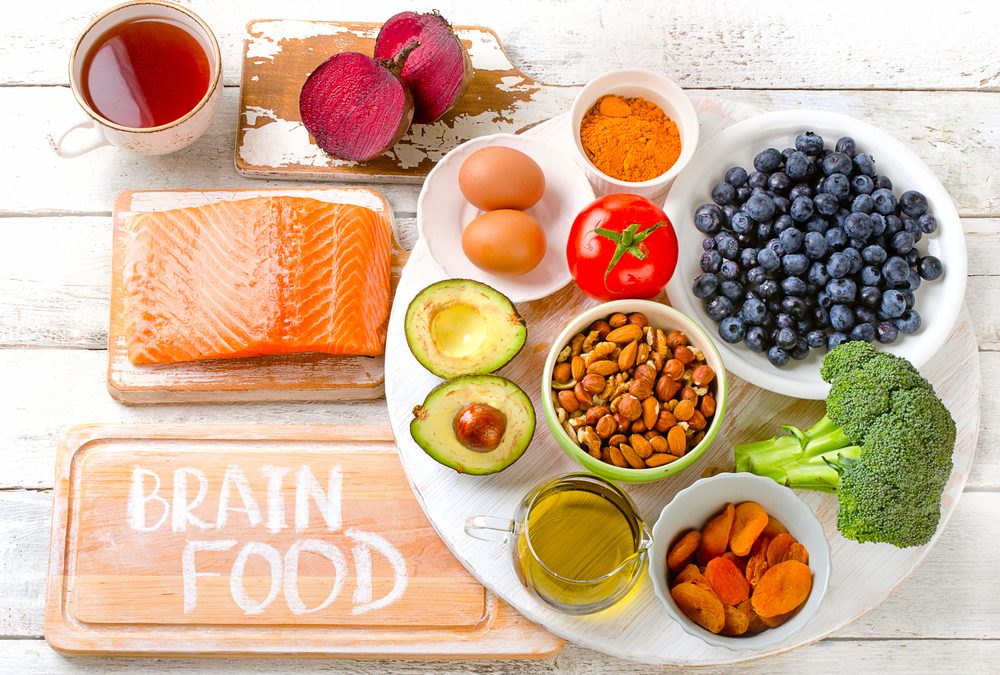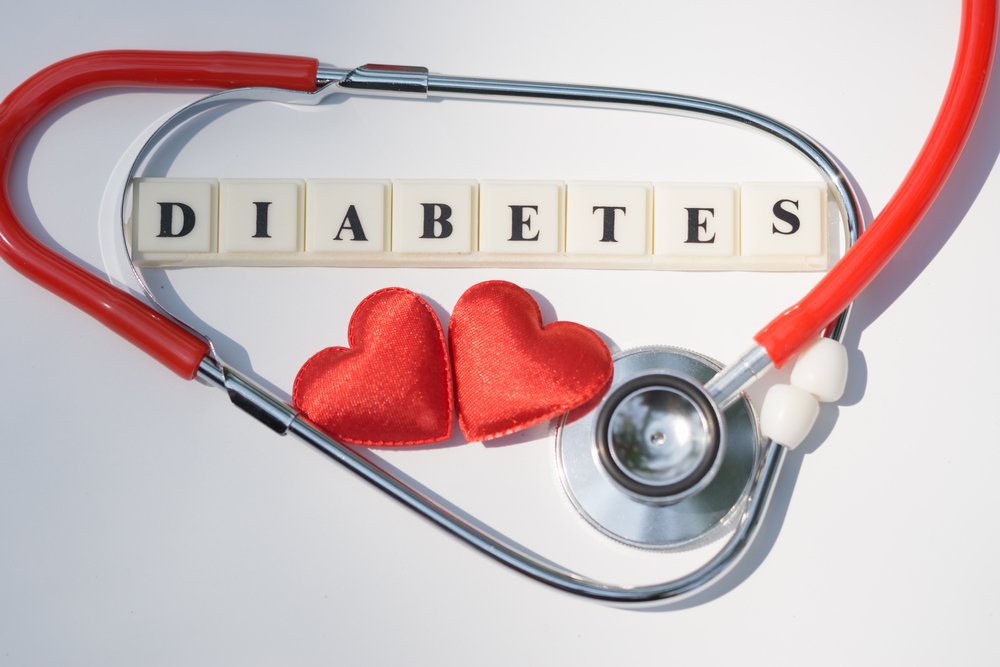When it comes to staying youthful and strong, collagen is one of your body’s greatest allies. It’s the protein that keeps your skin smooth, your joints flexible, your bones sturdy, and even your gut lining healthy.
While collagen supplements—especially marine-based ones—are an easy and effective way to support your body, there’s also plenty you can do in the kitchen. By choosing foods that either contain collagen directly or help your body produce more of it, you can boost your natural glow and resilience from the inside out.
Foods That Naturally Contain Collagen
1. Bone Broth: The Classic Collagen Elixir
Slow-simmered bone broth is one of the richest natural sources of collagen. As bones and connective tissue break down during cooking, they release gelatin, amino acids, and minerals that nourish your joints, gut, and skin.
Whether you enjoy it as a warm drink or use it as a base for soups and sauces, bone broth is pure comfort—and a true collagen powerhouse.
2. Fish Skin and Scales: The Marine Edge
If you love seafood, you’re already on the right track. Fish skin and scales are abundant in Type I collagen, the same kind that supports youthful skin, strong bones, and healthy blood vessels.
Marine collagen, particularly from cold-water fish, is celebrated for its high bioavailability—meaning your body can absorb and use it efficiently. It’s one reason why Ballstad Salmon Collagen, made from sustainably sourced Norwegian salmon, delivers such visible, reliable results.
3. Chicken Skin and Cartilage: Joint-Friendly Nutrition
Chicken skin and cartilage—often found in wings or feet—contain Type II collagen, which is crucial for maintaining healthy joints and cartilage structure. Adding chicken broth or roasted chicken with the skin on can provide extra nourishment for your connective tissues.
Foods That Support Collagen Production
4. Egg Whites
Egg whites are rich in proline, one of the main amino acids your body uses to synthesize collagen. They also contain sulfur, which assists in tissue repair and helps keep your skin firm and smooth.
5. Vitamin C–Rich Fruits
Your body cannot make collagen without vitamin C. Citrus fruits, kiwis, strawberries, and bell peppers are some of the best sources. Just a handful of berries or a splash of lemon water each day can help your body sustain healthy collagen production.
6. Leafy Greens and Bright Vegetables
Spinach, kale, broccoli, and colorful peppers are loaded with antioxidants that protect collagen from free-radical damage. These veggies don’t just keep you healthy—they help preserve your skin’s elasticity and tone over time.
The Role of Essential Minerals
7. Zinc and Copper
Zinc activates the enzymes that form new collagen fibers, while copper reinforces their structure. Foods like pumpkin seeds, almonds, and shellfish are excellent natural sources of these trace minerals.
8. Sulfur-Rich Foods
Garlic, onions, and cruciferous vegetables (like cauliflower and cabbage) provide sulfur, another nutrient vital for collagen formation. Plus, they add flavor and anti-inflammatory benefits to your diet.
Why Supplements Still Matter
Even with the best diet, collagen production gradually slows after your mid-20s. This is where marine collagen supplements shine.
Ballstad Salmon Collagen—derived from wild, cold-sea fish—offers highly bioavailable Type I collagen peptides that the body can easily absorb and use. It’s tasteless, odorless, and dissolves instantly into coffee, smoothies, or even plain water, making daily use effortless.
Final Thoughts
True wellness comes from a combination of nourishing foods and smart supplementation. Bone broth, fish, colorful produce, and mineral-rich ingredients all help your body create and protect its own collagen.
Pairing those habits with a premium, sustainably sourced marine collagen—like Ballstad Salmon Collagen—helps you maintain supple skin, flexible joints, and lasting vitality.
Because aging gracefully isn’t about stopping time—it’s about supporting your body so it can do what it was designed to do: thrive.




